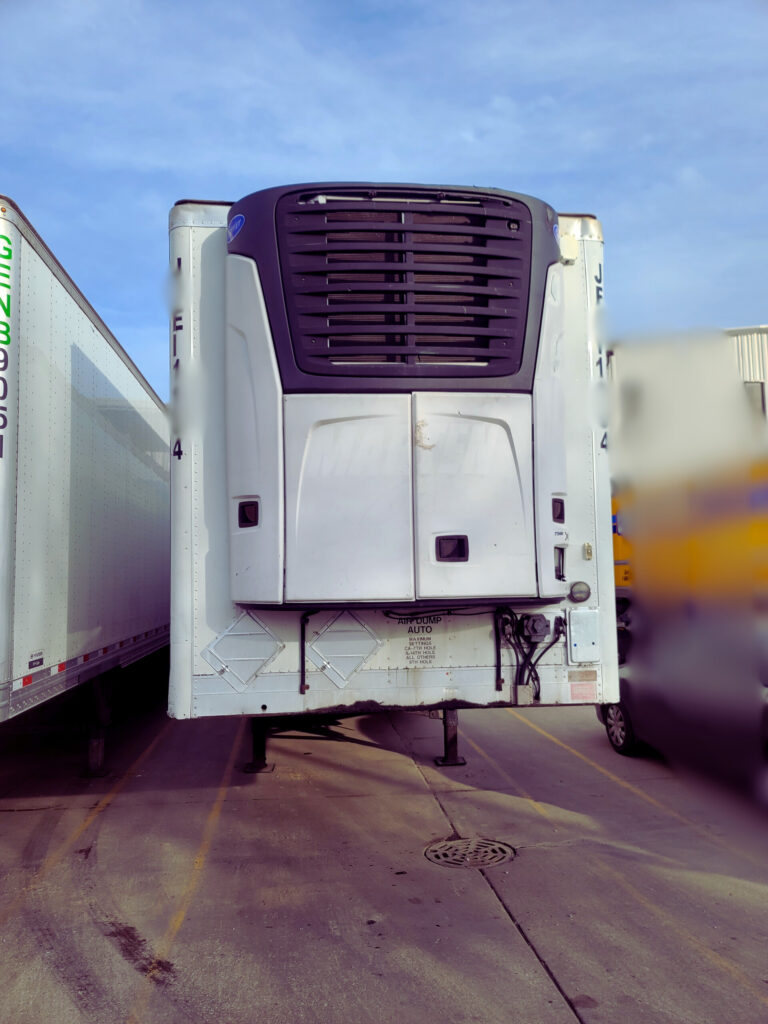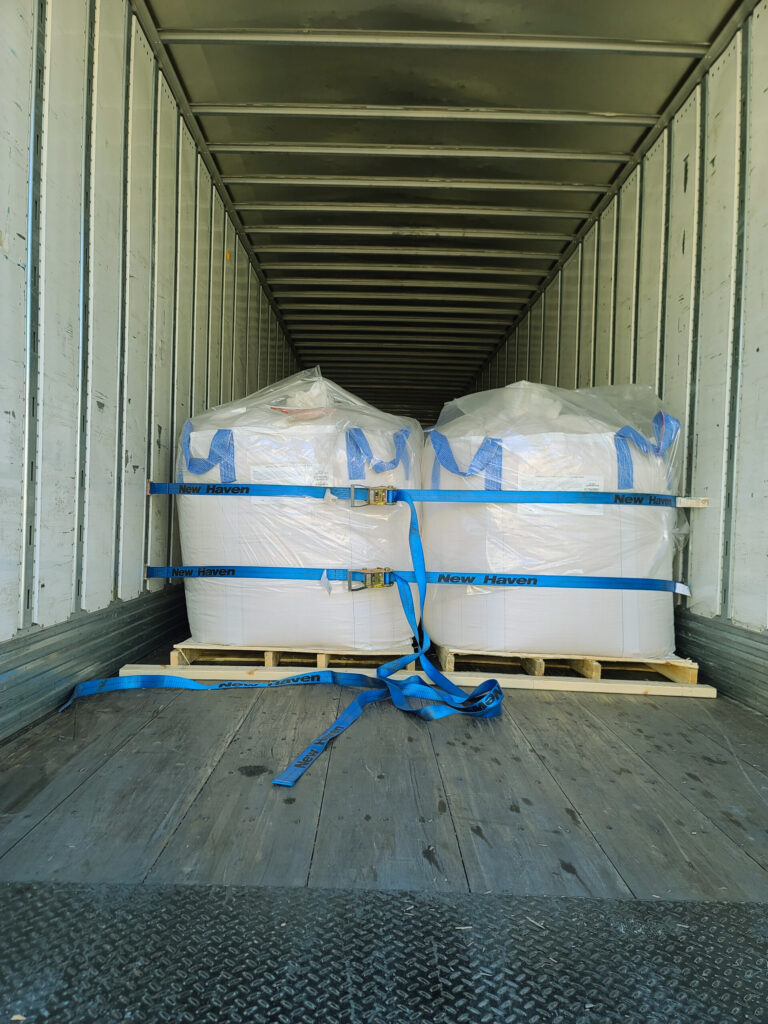
Reefer freight shipping faces multifaced challenges due to extreme weather and climate change. Heavy rainfall, floods, hurricanes, and blizzards can make it difficult for refrigerated freight shippers to carry on their routine operations. Reefer shipping is also under strict regulation by environmental authorities as it’s one of the largest carbon emission contributors, which is why reefer transporters face compliance challenges. The sector is also experiencing several infrastructural and energy challenges that can hinder its growth and advancement. This article will discuss the major challenges facing reefer freight shipping and what possible solutions can overcome them.
Reefer freight shipping in the age of extreme weather and climate change: Challenges and solutions
-
Carbon (CO2) Emissions
Reefer freight shipping is one of the largest fossil fuel-consuming transportation modes, making it a substantial CO2 emitter. That’s the reason experts consider it as one of the significant contributors to environmental degradation. Reefers running on gas or oil generate substantial amounts of greenhouse gases, exacerbating climate and weather. Therefore, environmental authorities put stress on adopting sustainable, environmental-friendly solutions.
Solution
Reefer transport companies can overcome the CO2 emissions challenge by transitioning to sustainable, renewable energy sources like electricity. These energy sources have a minimum carbon footprint and can lower the reliance on expensive, environmentally unfriendly fossil fuels. Refrigerated freight shippers are encouraged to invest in electric-powered reefers to promote sustainability and an eco-friendly culture within the industry.
-
Higher energy consumption
The central purpose of reefer freight shipping is to maintain the minimum required temperature for the perishable cargo during transit. The reefer units use higher amounts of energy to maintain this temperature, elevating not only the operational cost but also the carbon footprint.
Solution
Refrigerated transporters need to invest in energy efficient reefer units to overcome the energy consumption challenge. It can also significantly lower the carbon footprint in the environment.
-
Environmental impact of refrigerant
Most reefers use traditional refrigerants (such as hydrofluorocarbons (HFCs)) that cannot only contribute to global warming but may also be responsible for ozone depletion. On leakage, such refrigerants can exacerbate environmental risks.
Solution
Refrigerated shipping companies need to adapt to alternative refrigerants, such as natural refrigerants (like hydrocarbons and CO2). These refrigerants have low global warming potential, meaning they have a lower environmental impact than their traditional counterparts.
-
Temperature variation
Extreme weather can cause sudden temperature fluctuations that can make it difficult to maintain the optimal temperature for the perishable cargo, putting it at risk of degradation or spoilage. It cannot only lead to financial losses but may also cause reputational damage.
Solution
The incorporation of advanced weather forecasting technology can help refrigerated freight shippers predict extreme weather events before they occur, enabling them to make necessary changes in the shipping schedule to avoid any potential delays.
-
Infrastructural challenges
Extreme weather events, like floods, hurricanes, or heavy rainfalls can pose serious risk to the integrity of reefer freight shipping infrastructure. They can also disrupt transportation routes, causing unprecedented delays. Extreme weather can also compromise the safety and quality of perishable cargo, putting it on the risk of spoilage.
Solution
To overcome the infrastructural challenges, refrigerated freight shippers need to invest in resilient and sustainable infrastructure that can withstand extreme weather events. They should adopt the necessary infrastructure safety measures, like implanting flood barriers, drainage system development, and use of durable materials while building the infrastructure.
-
Supply chain disruptions
Extreme weather events can cause disruptions in supply chain management which can disturb the supply-demand balance of perishable essential commodities. Supply chain disruptions can result from several issues linked to extreme weather, such as terminal and road closure, power outages, and unfavorable driving conditions.
Solution
Incorporating resilience in supply chain by broadening the transportation network and establishment of multiple transportation routes can be helpful in preventing supply chain disruptions. Shippers and business can collaborate with trusted and experienced refrigerated freight shipping companies like VPL Logistics to develop strategies to keep the supply chain streamlined even in extreme weather events.
Conclusion
Today’s age of extreme weather and climate is a challenging landscape for reefer freight shipping, but adapting resilience in operations and infrastructure, investing in innovation and technology, and collaborating with logistics partners can help shippers and businesses keep their supply chains in normal condition.
VPL Logistics is committed to being a resilient, technology-driven reefer freight shipping service provider that has the power to mitigate the challenges posed by extreme weather.









